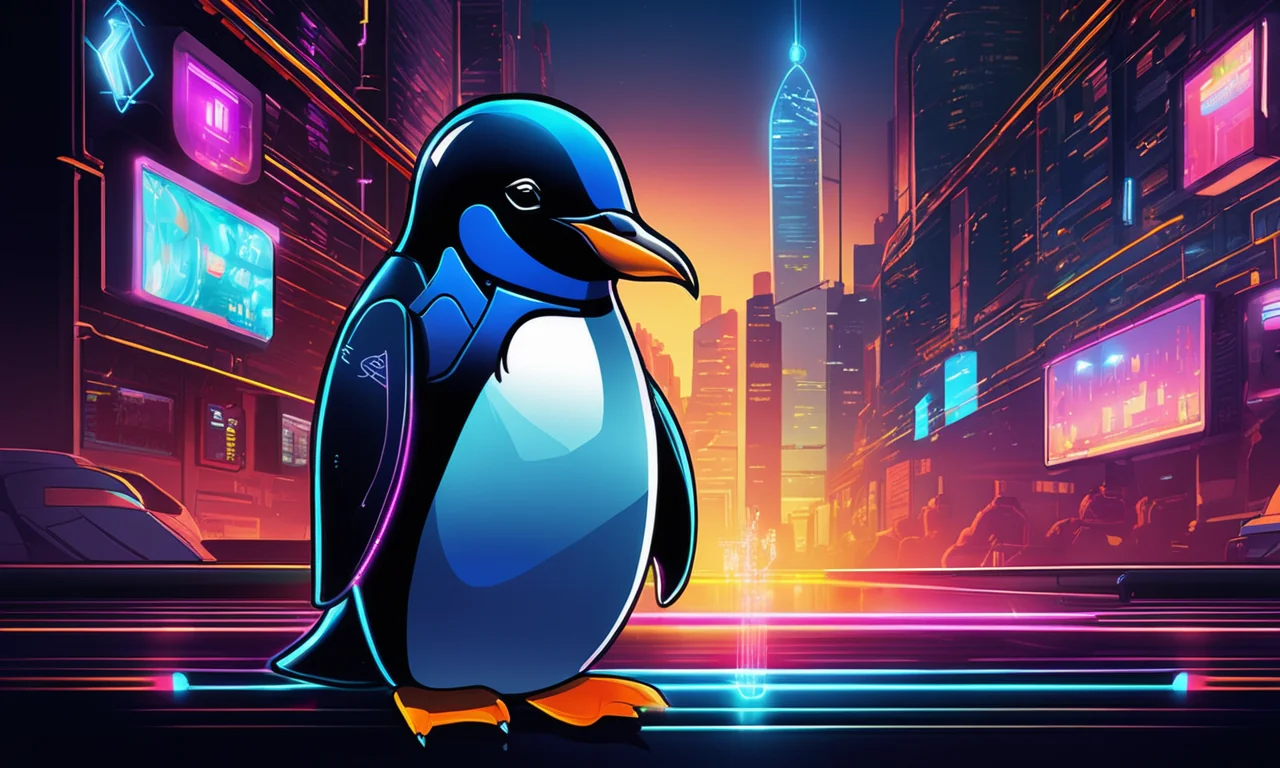
Linux Gaming Advances With AI Transparency and DRM Removal
The latest technical upgrades and ethical debates are reshaping user choices and creative output in gaming.
Today's Bluesky gaming and news landscape reveals a dynamic blend of innovation, community advocacy, and a renewed passion for both retro and indie experiences. From technological advances on Linux platforms to vibrant creative showcases and grassroots activism, the conversation is increasingly shaped by user-driven developments and ethical considerations. Three major themes stand out: platform evolution and tools, activism and consumer responsibility, and the thriving diversity of creative projects.
Platform Evolution: Tools, Accessibility, and Technical Progress
The ongoing evolution of gaming technology is front and center, as highlighted by recent updates and releases within the Linux and Steam communities. A notable milestone is the transformation of the AI warning script for Steam into a full-fledged browser extension, signaling a push for greater transparency regarding AI usage in games and digital assets. Linux gamers also celebrate the release of GE-Proton 10-22, which resolves key compatibility issues for major titles and launchers, reinforcing Steam Deck and Linux as viable, user-friendly gaming platforms.
"I want to be warned. AI is stolen data & assets."- @tribesmantom.bsky.social (7 points)
Further advancements are evident in game content and accessibility. The removal of Denuvo from Dead Island 2 is met with relief, reflecting ongoing concerns over DRM and anti-cheat systems. Indie and co-op experiences are also gaining traction, as seen in the announcement of the MISERY rogue-lite Stalker-like game and the highly anticipated launch of the TimeSplitters Rewind fan project, underscoring the ecosystem's appetite for experimentation and collaboration.
"Good to know that this game is finally worth considering now that we're no longer required to ask permission to play what we pay for."- @cheeseboar.bsky.social (2 points)
Activism, Consumer Choice, and Ethical Debate
Advocacy and ethical debate are shaping purchasing decisions and platform allegiance. The call to boycott Microsoft gaming and Xbox products as part of the BDS movement highlights the intersection of gaming and global politics. Users are urged to reconsider subscriptions and purchases, sparking conversation around the impact of consumer choices on both corporate behavior and developer livelihoods.
"I'm a gamer before anything else. I'm not gonna make hard working developers go hungry just because I'm mad at Microsoft. I'll continue to buy games from the companies I deem worthy of my dollar."- @maga-are-nazis.bsky.social (0 points)
The landscape of indie gaming is also affected by shifting consumer sentiment. Developers navigate both technical setbacks and market pressures, such as the somber update from Migration: A Crow Survival Game, which hints at the challenges small studios face amid fluctuating community support and industry headwinds. Meanwhile, opportunities for free game distribution, like the giveaway of 911 Operator on Steam, reinforce the community's emphasis on accessibility and value.
Creative Diversity: Retro, Indie, and Artistic Expression
The rich tapestry of Bluesky gaming culture thrives on creative diversity. Retro gaming remains a vibrant force, as seen in the work-in-progress Escape from PETSCII Castle for the Commodore C64, blending nostalgia with technical ingenuity through classic ray casting and inventive level design. Simultaneously, indie developers push boundaries with projects like MISERY, demonstrating a fusion of rogue-lite mechanics and co-op survival.
Artistic expression flourishes as creators reimagine familiar characters and genres, notably in the playful 3D rendering of Cate Meowdy from Fortnite. This blend of fan art and technical artistry reflects a growing appetite for personalization and dynamic visual storytelling within the gaming community.
Every community has stories worth telling professionally. - Melvin Hanna